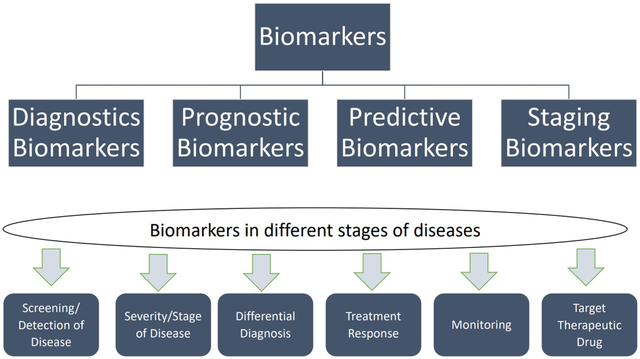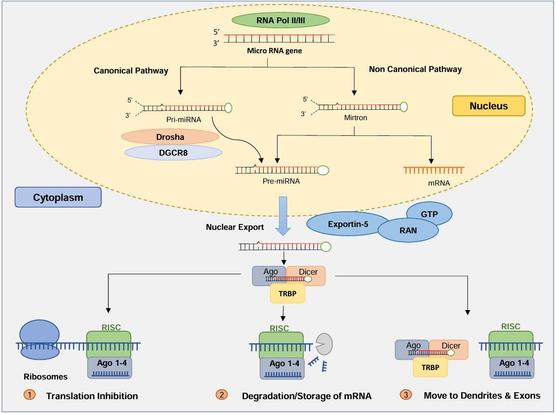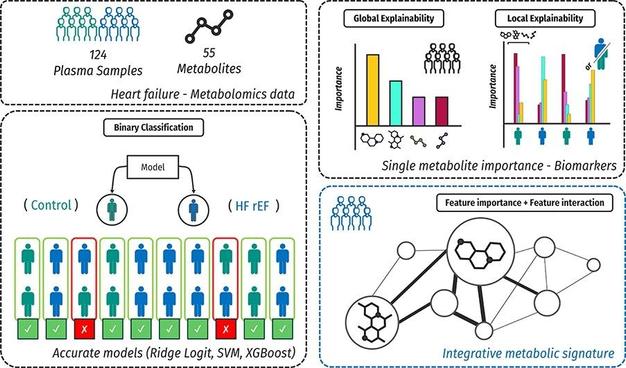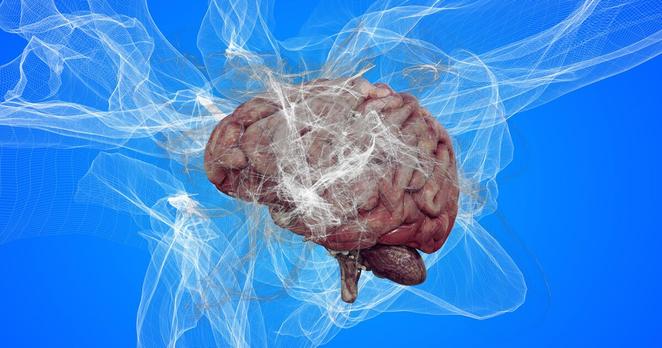Researchers have identified 13 proteins in the blood that predict how quickly or slowly a person’s brain ages compared with the rest of their body.
Their study, published in Nature Aging on 9 December, used a machine-learning model to estimate ‘brain ages’ from scans of more than 10,000 people. The authors then analysed thousands of scans alongside blood samples and found eight proteins that were associated with fast brain ageing, and five linked to slower brain ageing.
One key protein was brevican (BCAN), which helps to form and maintain the network of molecules around cells and is involved in learning and memory. Higher levels of BCAN were associated with slower brain ageing. Brain cells in people with Alzheimer’s disease also express less BCAN than do those in healthy people.
In a separate analysis, the authors found that changes in levels of a range of blood proteins peak at three chronological ages: 57, 70 and 78 years, with each of these ages marking a distinct phase of brain ageing. For example, most of the changes at 57 years of age were in proteins associated with metabolism, wound healing and mental health. At 70 years old, proteins involved in brain-cell function showed changes that were strongly associated with risks of age-related brain conditions such as dementia and stroke. At the age of 78, the researchers observed changes in proteins linked to immunity and inflammation. #biomarkers #brain #aging #neuroscience #medicine https://www.nature.com/articles/d41586-024-04055-0




